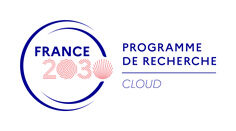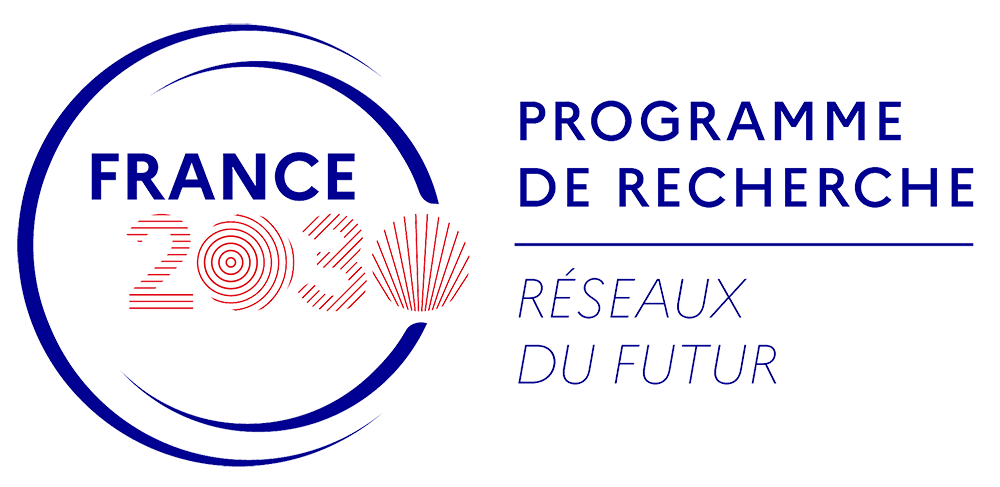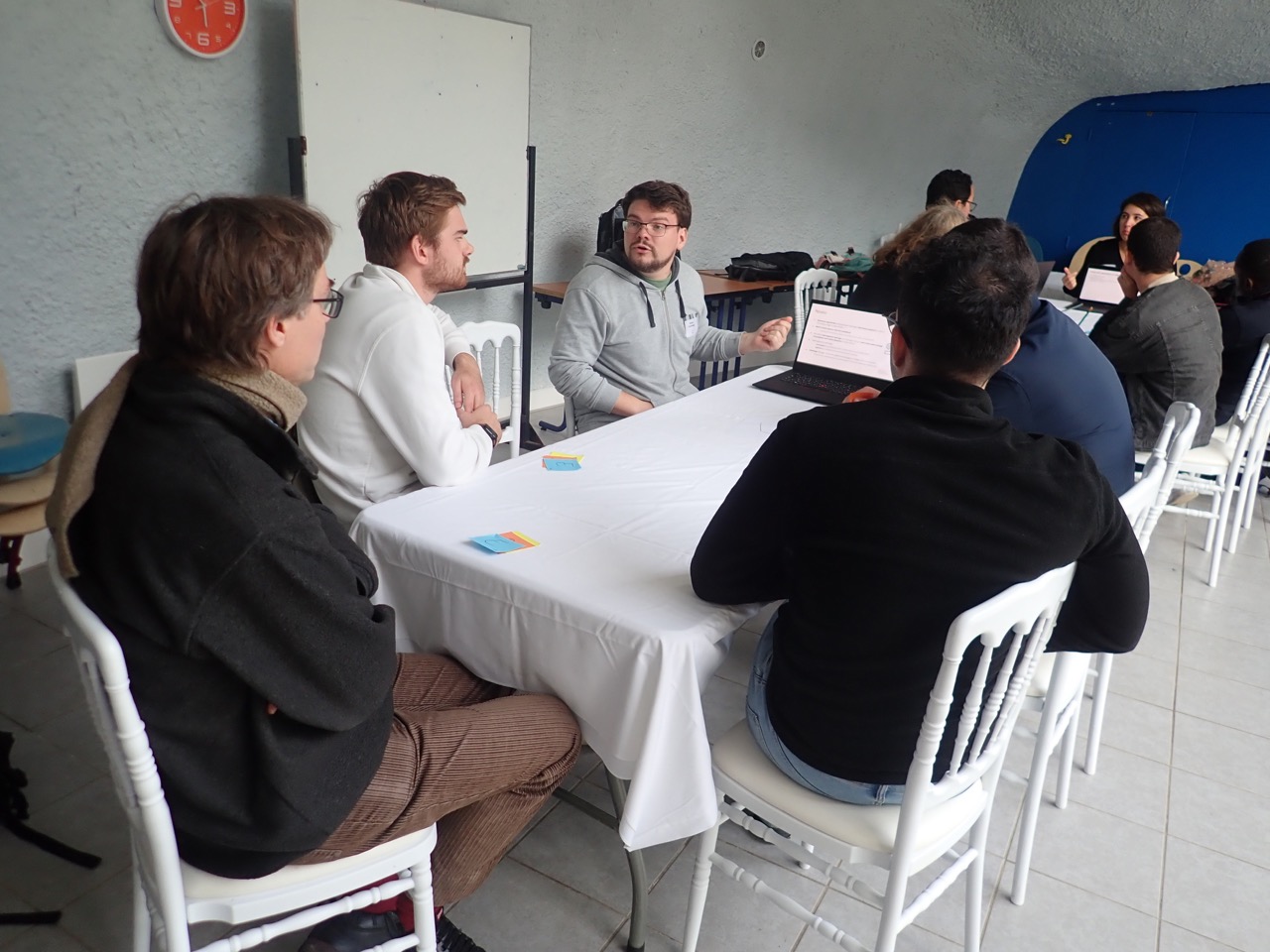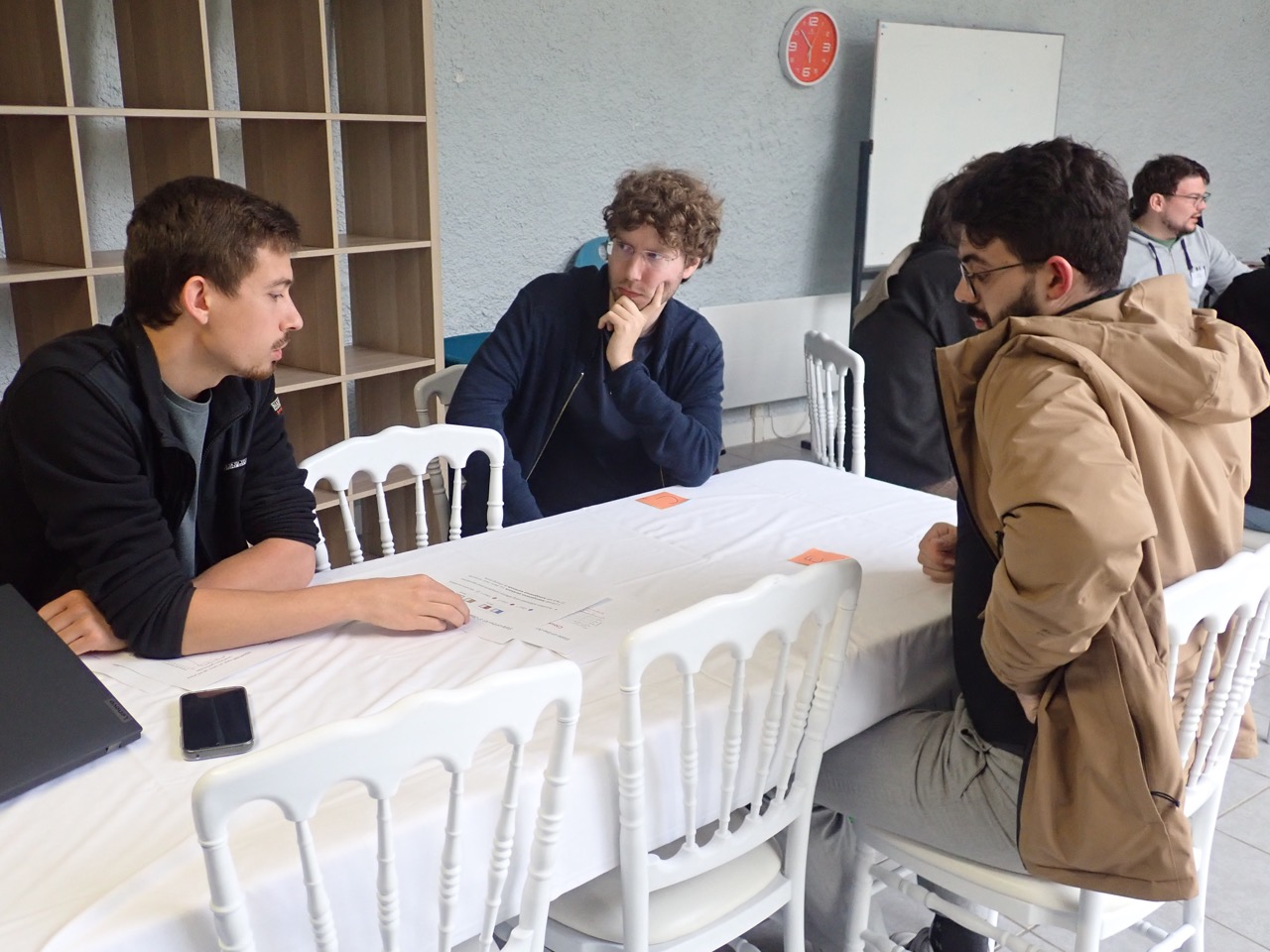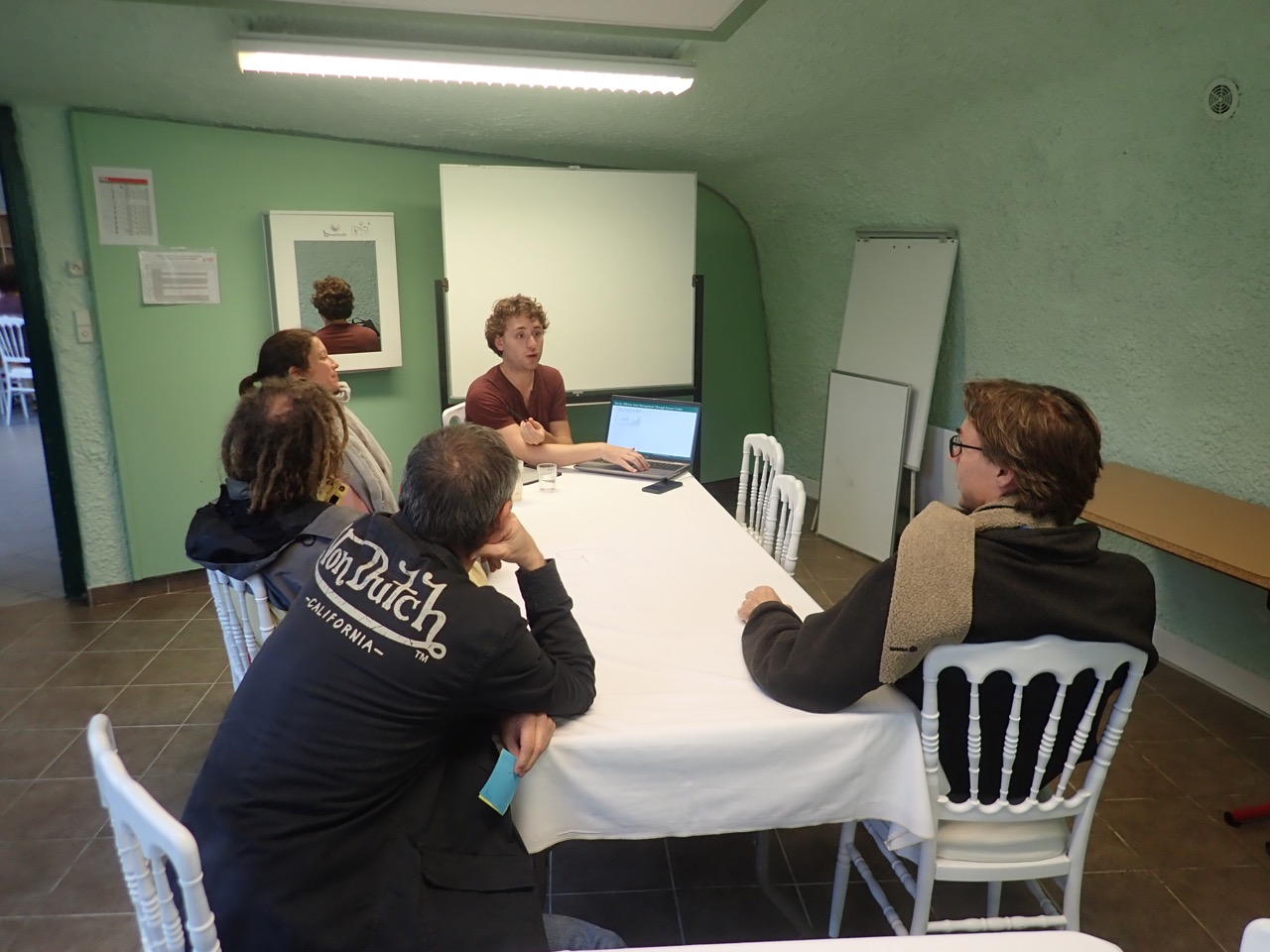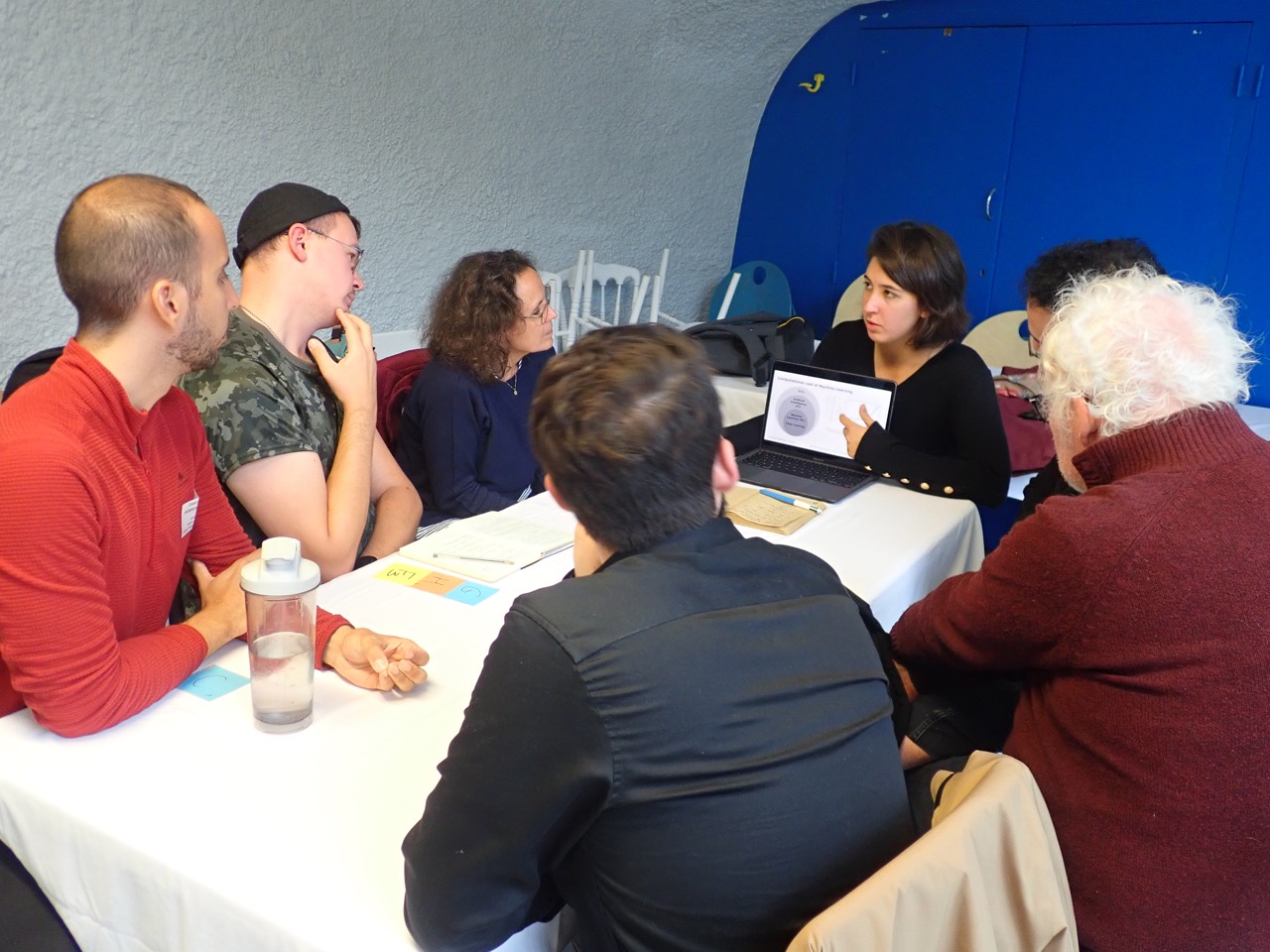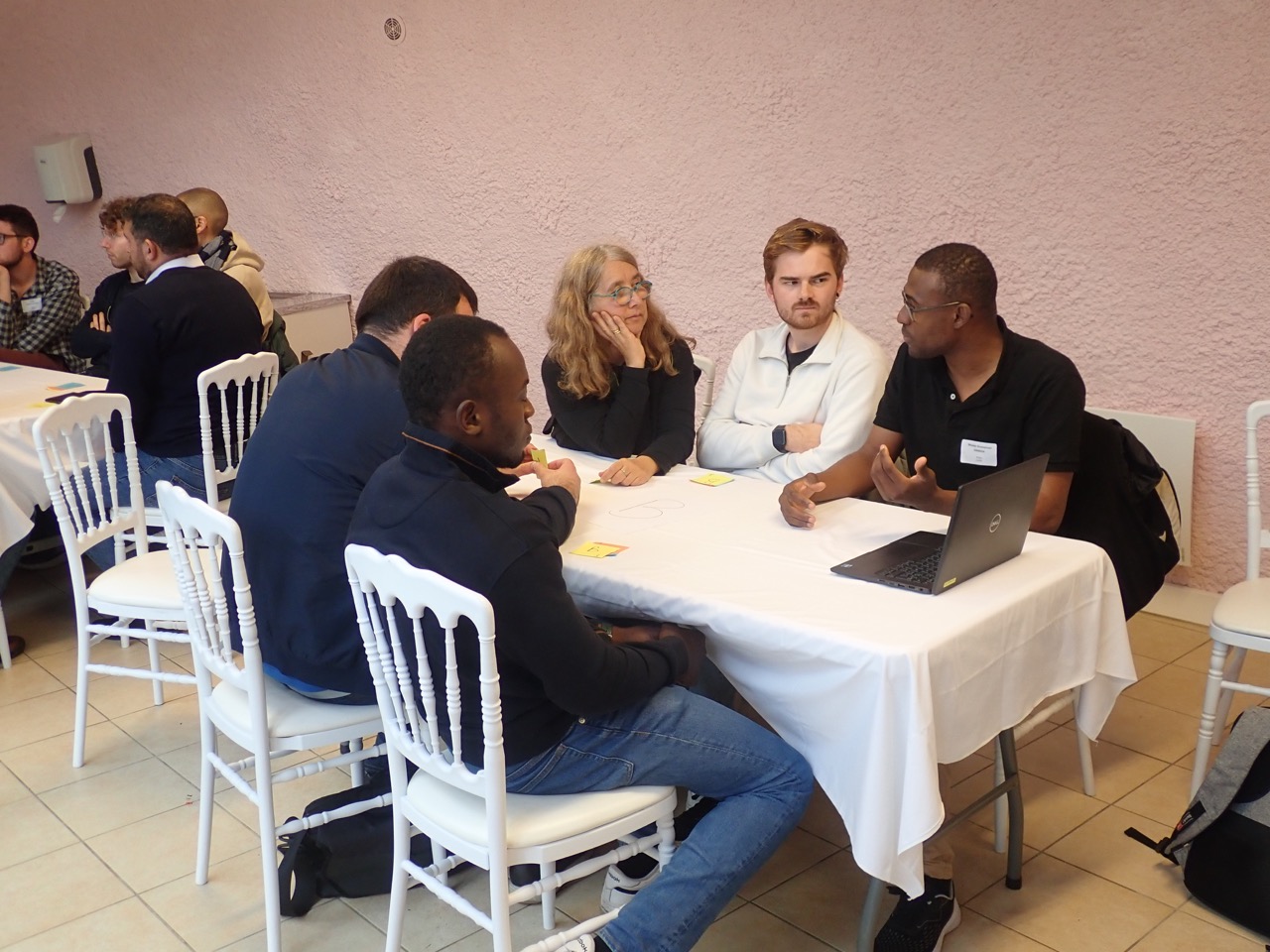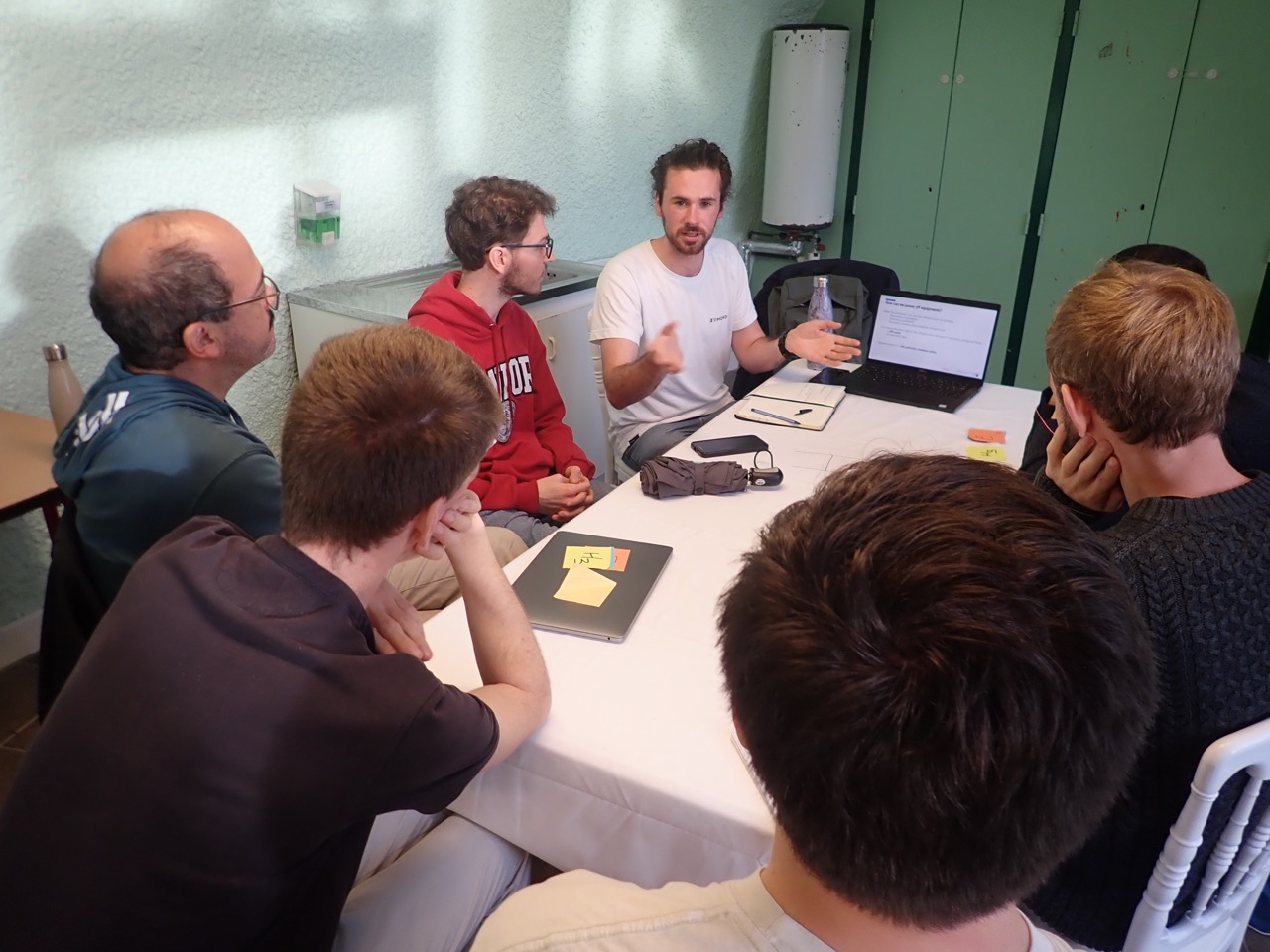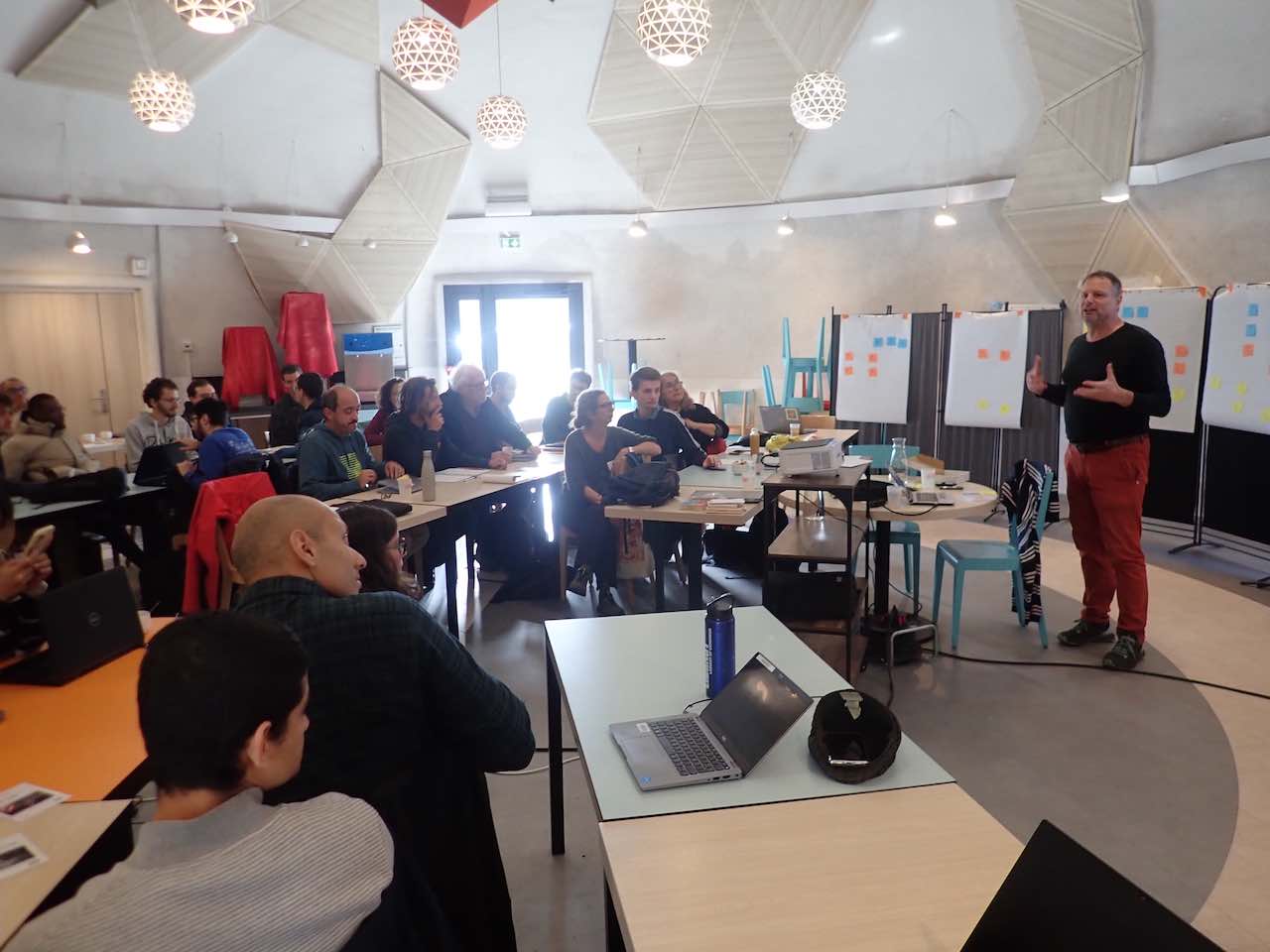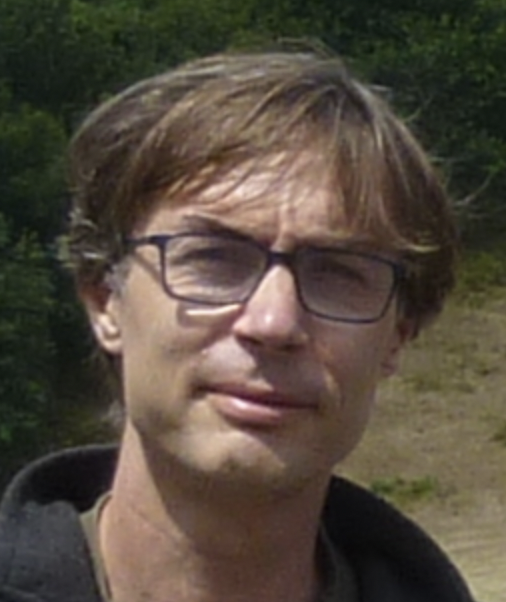 |
Abstract: Understanding environmental crisis requires to model interactions and to exhibit relevant criteria. Large dynamic systems may be an appropriate tool to pave that way. Therefore
this talk is split into three parts: i) we provide some criteria to optimize, ii) we show that some models rely on differential equations or systemic charts and analyze them mathemetically or numerically, and then iii)
we apply the previous approach to ICT based system to understand some positive and negative interactions and offer a global picture of the concern.
Bio: He was born in Paris, France, in 1973. He received the Engineering degree from Ecole Nationale Supérieure des Télécommunications (ENST, now called Telecom Paris) and the M.Sc. degree in automatic control and signal processing from Université Paris-Saclay, Orsay, France, both in 1996, and the Ph.D. degree from Université Gustave Eiffel, Marne-la-Vallée, France, in 2000. He eventually received the HDR degree from Université Gustave Eiffel, Marne-la-Vallée, France, in 2007.
In 2001, he was a Postdoctoral Researcher with the Université de Louvain, Belgium. At the end of 2001, he joined Telecom Paris, as an Associate Professor. Since 2011, he have been (full) Professor in the same institute. From 2009 to 2020, he was the head of Digital Communications Team.
He served as Associate Editor for the IEEE Communications Letters from 2004 to 2007. From 2008 to 2012, he served as Associate Editor and then Senior Area Editor for the IEEE Transactions on Signal Processing. From 2014 to 2019, he was member of IEEE Technical Committee "Signal Processing for Communications and Networking". From 2018 to 2021, he served as Associate Editor for the IEEE Transactions on Signal and Information Processing over Networks.
His research areas include statistical signal processing, signal processing for digital communications, resource allocation, distributed optimization, signal over graphs, and machine learning, and the environmental impact of ICT.
|


